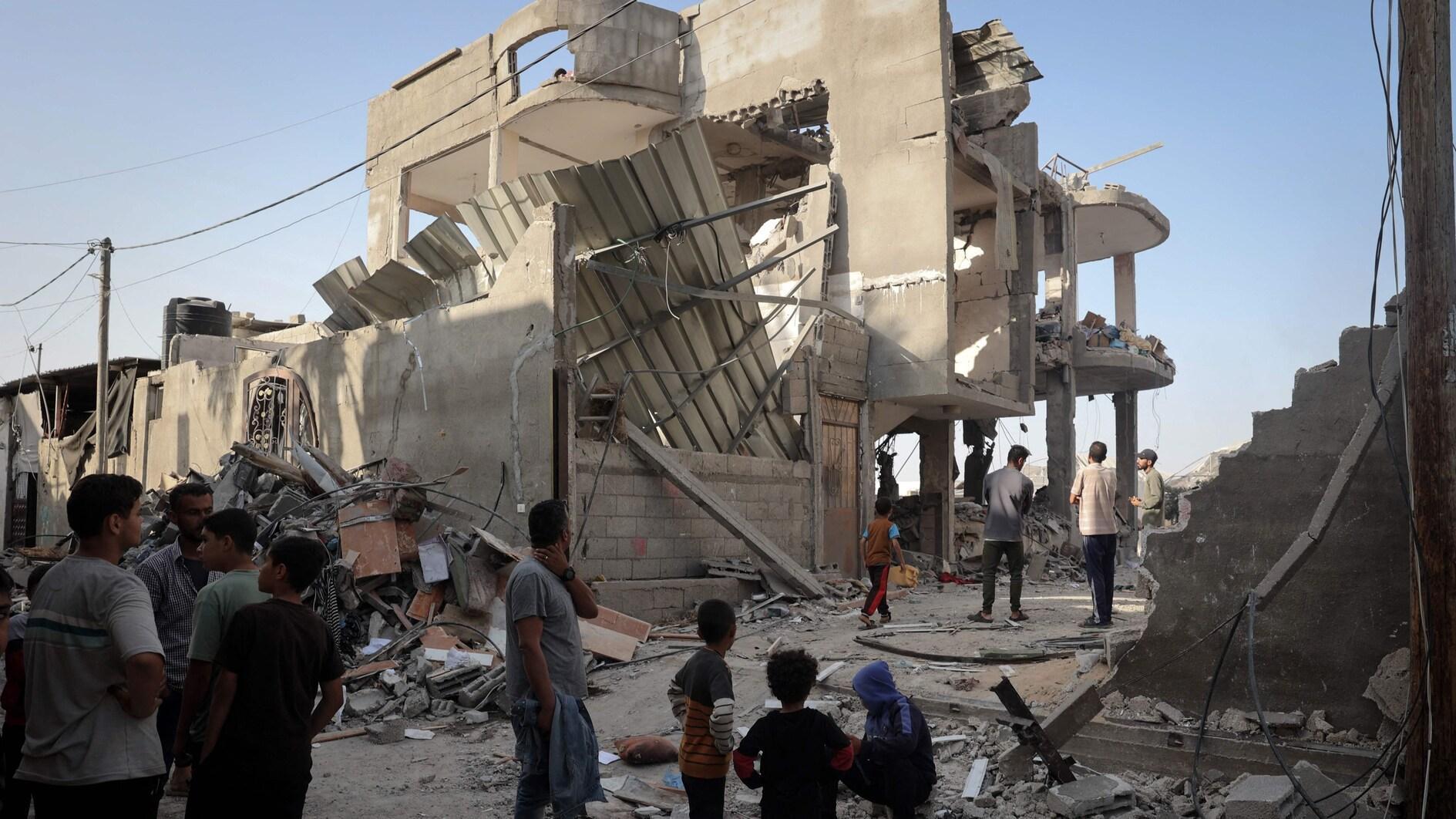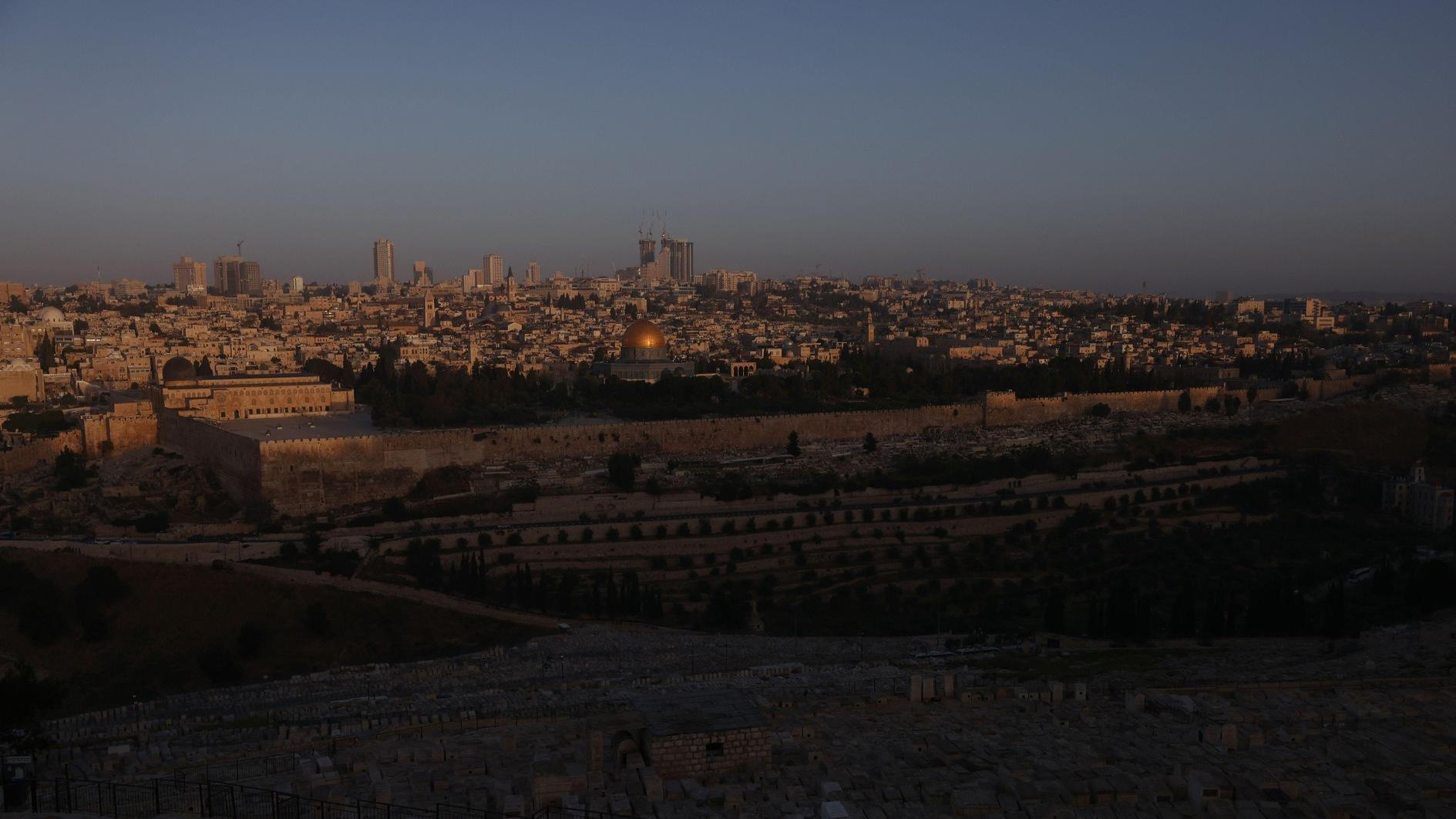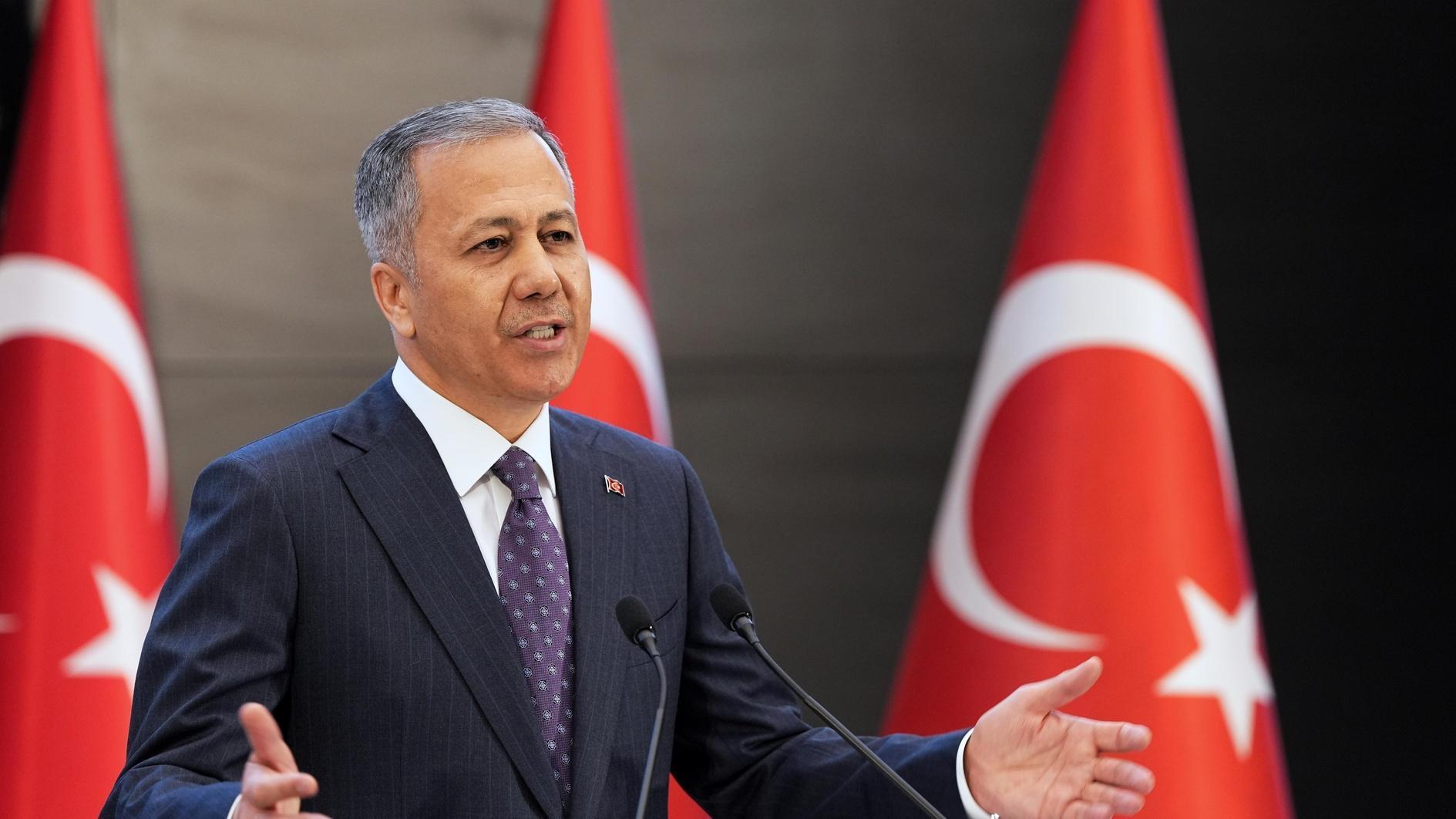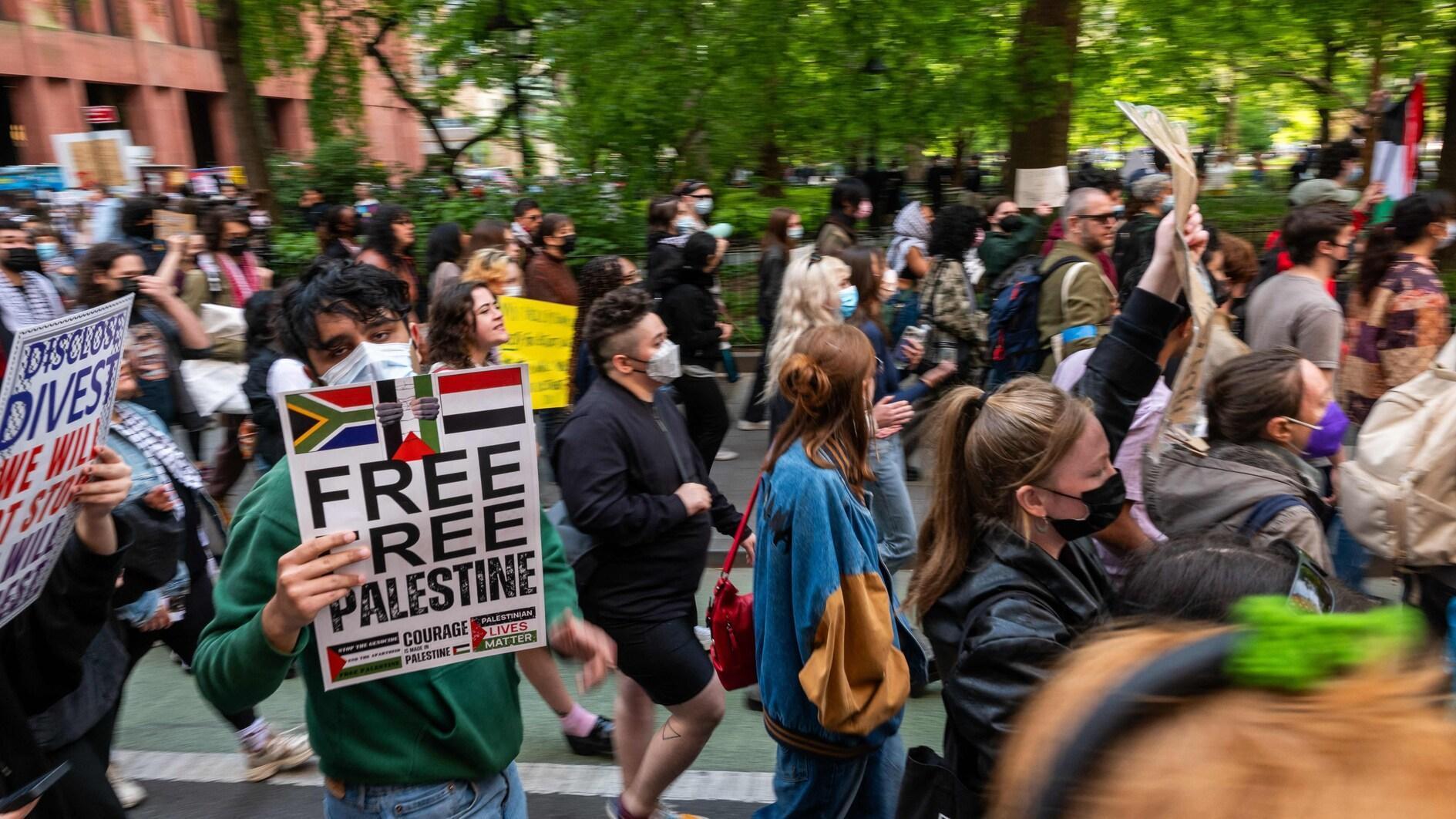There are always choices in life, policy making
Dr. Danilo Türk - 3rd President of Republic of Slovenia
The title of the theme I am asked to discuss – “The Road to Peace: Where does Humanity Go” – implies a sense of concern and even pessimism. It is not difficult to be a pessimist in our time. The international security situation is becoming ever more complex and dangerous. Accumulating situations of regional instability, particularly the one affecting the wider area of the Middle East, are creating a global sense of insecurity. The number of refugees has reached historically unparalleled proportions. Crimes against humanity occur all too frequently. The scourge of terrorism continues to claim innocent victims and weakens international stability.The recent outbreak of the Ebola epidemics has been a stark reminder of the fragility of health systems in several parts of the world and of the vulnerability to spreading of infectious diseases in our globalized world.
The accumulating problems caused by global warming are still awaiting an effective international response. The clock is ticking. The ever more frequent climatic disasters are a serious warning. And natural disasters of a large scale have the potential of triggering large scale movements of people and international conflicts with enormous humanitarian consequences.
It is easy to become a pessimist, indeed. However, it is always wrong to accept the difficulty of a situation as a given, as something that leaves human beings no solution or no choice of means to chart the way forward. There are always choices – in life in general and in policy making in particular.
The problems confronting the mankind today are, like the problems of the past, primarily a challenge to policy makers. Mankind today disposes with an unprecedented level of knowledge, the greatest economic wealth ever accumulated, and a wide a variety of technological skills that can be put to use in the effort to address the problems of today. So, the question “Where does humanity go?” implies the beginning of an answer: The future path of humanity depends on the wisdom and skill of policy makers. It is their responsibility to ensure that the future is less violent than today and that the problems of sustainability of development are resolved in a timely fashion.
The first condition of the sustainability of development is sustainable peace. However, developments since the beginning of the new millennium suggest that the world is not moving in the right direction. Not only have new challenges to international peace and security – such as the spreading of terrorism – evolved. The world has also witnessed the cases of the use of force that weaken the international order and its most fundamental principles, such as the principle of the non-use of force (except in self-defense or with the authorization of the U.N. Security Council), the principle of peaceful settlement of all disputes and the principle of fulfillment, in good faith, of all the obligations under the international law.
















